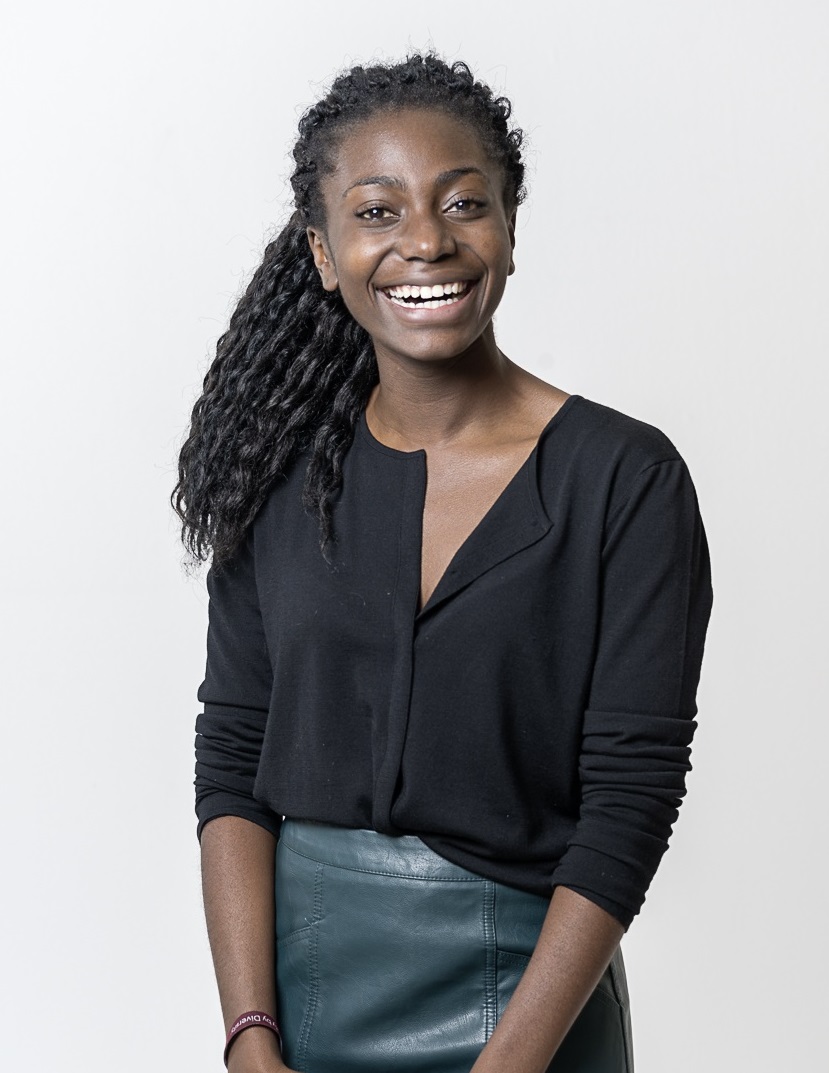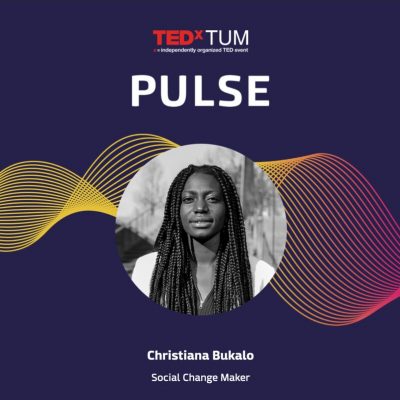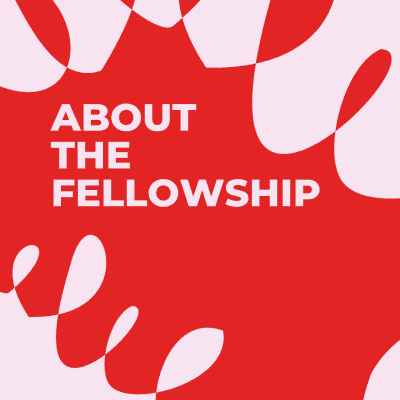Details
Article
Powerlessness is inherently threatening. It paralyzes our desire to act, leaving us defeated by a sense of not being able to influence the course of our own life. We’ve all been in touch with this feeling at one point or another.
While there are situations in which powerlessness may be experienced at the individual level, the inequalities of our world have also turned powerlessness into a collective circumstance, encountered by entire communities. Stateless people have become one of those communities. The 1954 UN Convention relating to the status of stateless persons defines a stateless person as a person who is not recognized as a national by any nation state. It’s estimated that 15 million people worldwide are living without a nationality.
Stateless people are often restricted from enjoying the freedoms and privileges other communities enjoy every day. Depending on the country they live in, they might not be able to go to school, travel freely or even open a bank account. Moreover, stateless persons are not entitled to vote – leaving them excluded from democracy and entirely at the mercy of a system they are not able to participate in. How’s that for feeling powerless?
We can lift the numbing weight of powerlessness from the shoulders of those who are burdened by it.
I am part of this community and while the feeling of powerlessness has been more present in my life than I’d ever like to admit to myself, this fall helped me to realize that there is a way in which we can lift the numbing weight of powerlessness from the shoulders of those who are burdened by it.
On September 24, 2021, I had the honor of attending the International Conference on “Statelessness and the right to a nationality in Europe”. The conference was co-hosted by the Council of Europe’s European Committee on Legal Co-operation and UNHCR, the UN Refugee Agency. Over the course of two days, senior representatives of governments of member States, civil society actors, academics and other experts on statelessness came together to discuss the progress, challenges and future steps to strengthen the efforts to end Statelessness in Europe. The conference was attended by over 130 experts. Yet, only three of the speakers were stateless: Lynn Al-Khatib, who sheds light on statelessness as an activist in Sweden, Raymond Santamaria, the UK based writer of this wonderful poem, and myself, a Landecker Democracy Fellow and stateless person who decided to develop a platform for stateless people called Statefree.
I was asked to speak at the High Level Panel titled Eradicating Statelessness in Europe. The same panel in which Gillan Triggs, the Assistant High Commissioner for Protection of UNHCR, Chris Nash, Director of the European Network on Statelessness and Christophe Poirel, Director of Human Rights from the Council of Europe would be sharing their thoughts on progress, challenges and opportunities.
This, without a doubt, presented one of the greatest but also the most challenging opportunities I faced since starting my journey with Statefree.
Having the chance to contribute to a discussion at the same table as such highly regarded experts very much reminded me of one of the main reasons behind Statefree. The objective of creating a platform such as Statefree was to create a safe and digital space in which stateless people could connect to each other, but also finally be in contact with those in positions of power. While sitting in the Council of Europe’s Headquarter and waiting for the panel discussion to start, I began to realize that this was exactly what was happening right now. This, without a doubt, presented one of the greatest but also the most challenging opportunities I faced since starting my journey with Statefree.
I used to think that I am “obedient to authority.” But when confronted with authorities, I notice that I’m not obedient but blank out afraid. The chance of speaking to and with people whom I considered as those with power of improving mine and other stateless people’s lives confronted me with exactly this fear. As so often I felt powerless.
“When we speak, we are afraid our words will not be heard or welcomed. But when we are silent, we are still afraid. So it is better to speak.” – Audre Lorde
The panel began. And with that, a conversation in which my fear was able to transform into a sense of empowerment.
“Christiana, Why do you think it is important for organizations, civil society, policy makers, etc., to interact with stateless people ?“ João Arsénio de Oliveira, the Chair of the European Committee on Legal Co-operation of the Council of Europe, who moderated the panel, posed the first question to me.
When starting my research on statelessness, one of the most striking factors to me was the absence of stateless people in the spaces which concerned them.
“It’s one thing to sympathize with people who suffer from a certain disadvantage but it is a completely different thing to actually experience those disadvantages,” I began to respond.
As a community that often finds themselves excluded from democracy, stateless people are in no way able to influence the systems that most influence them.
“In order to not only improve but eventually solve the situation of those people you are sympathizing with in an effective way, decision makers should seek to be in direct contact with them,” I continued.
When comparing the statelessness sector to the activism in other human rights topics, the invisibility of stateless people in their own issue becomes very apparent. One wouldn’t work on women’s rights issues without having women at the forefront of it.
How would we battle racism without BIPOC being centered in the transformational process which is needed to reach true equality? The advocacy that is done to improve the lives of stateless people should always be based on, enriched by and at some point guided by those who are affected. Every issue has different angles and layers to it, oftentimes leaving a gap between theory and reality. Therefore, the direct interaction between professional experts and those who are experts by experience presents the required and most effective way of closing this gap and creating holistic approaches.
By giving people like me the opportunity to speak to people like you, I suddenly felt less powerless.
It was in Strasbourg that I began to recognize one more reason for centering stateless people: By giving people like me the opportunity to speak to people like you, I suddenly felt less powerless. While the conference made me anxious and afraid of how people might react, the fact that I was invited to speak my truth made me feel empowered and cherished.
I was able to see myself as a change maker who, for a glimpse of a moment, was exactly as powerful as the rest of the room.
Moreover, the kind and appreciating reactions I received after my contributions helped me to understand that – at least sometimes – power can be in the eye of the beholder. In this instance, I was able to see myself through the eyes of those allies who continue to show themselves in awe of the resilience, strength and hopefulness with which stateless people remain to overcome challenges in their lives. I was able to see myself as a change maker who, for a glimpse of a moment, was exactly as powerful as the rest of the room.
It will take a lot of time, effort and patience to solve discrimination, reform our laws, transform our democratic systems and eradicate statelessness.
But giving power to stateless people and other underrepresented communities is something all of us can do today. By giving those communities the chance to speak and actively listen to what they have to say, we can instantly do our part in empowering them towards a future in which their sense of empowerment can finally be met with a reality where they have full power over the trajectory of their life.
Watch Christiana discuss how the stateless status affects her day-to-day life:




